Volodymyr Zelensky’s Global Peace Summit in Switzerland was meant to demonstrate the world’s support for Kyiv and underscore Russia’s isolation. It did the opposite. Russia wasn’t invited. China didn’t send a delegation. Other major countries that might influence the Kremlin — including Brazil, India, Saudi Arabia, South Africa and the UAE — refused to sign the watered-down final communiqué.
According to a former senior member of Zelensky’s administration, Ukraine’s leader had “hoped the conference would mark a new benchmark of international support… [but] it just showed how badly we have lost the support in the Global South.” Take Brazil’s president Lula da Silva. He was one of the first world leaders to condemn Russia’s invasion, yet in Switzerland he accused Vladimir Putin and Zelensky of “enjoying the war… otherwise they would have already sat and talked and tried to find a peaceful solution.” In the end, seventy-eight countries backed Zelensky, but it was only the US and the EU that unequivocally supported Zelensky.
Donald Trump would veto more aid to Ukraine: ‘Whenever Zelensky comes, he leaves with $60 billion’
Though the Kremlin likes to claim otherwise, Ukraine’s declining support has little to do with Putin’s charm offensive. All of Russia’s closest neighbors except Belarus have distanced themselves from Moscow. Russia has deepened ties only with Iran and North Korea — Putin visited this week — and with China, which has provided diplomatic support but no military hardware.
Rather, for practically every country and global bloc, economic and strategic self-interest has trumped principles. The EU has taken the lead on sanctions, but hasn’t banned Russian oil, merely capping the price at $60 a barrel rather than $73 for Urals crude. Europe never sanctioned Russian gas. It continues to import 15 percent of its natural gas, of which 8 percent is piped from Russia via Ukraine and Slovakia. Gazprom paid transit fees of $850 million to Ukraine last year, around 0.46 percent of Kyiv’s GDP, making the Kremlin one of the largest taxpayers in Ukraine. Just 8 percent of EU firms have fully divested from Russia.
Senior US diplomats continue to forbid Ukraine from using long-range weaponry inside Russia (missile launch sites excepted). Kyiv was recently told to stop attacking Russian oil refinery capacity for fear of causing an oil crisis. Donald Trump, meanwhile, recently said he’d veto more aid to Ukraine. “Zelensky is probably the greatest salesman of all living politicians,”!he declared. “Whenever he comes to our country, he leaves it with $60 billion… And then he comes back and says he needs another $60 billion.”
The Global South wants to continue importing Ukrainian grain and cheap Russian oil. India’s economy has been boosted by a large increase in imports of Russian crude, much of which is re-exported back to Europe as refined oil. Turkey imports Russian gas and re-exports it to southern Europe, and maintains large agriculture and consumer trade. The UAE has become a hub for sanctions-busting Russian banking. China has seen its trade with Russia nearly double to more than $200 billion a year. Beijing benefits from a weak Russia — they’ve little incentive to end the war.
Putin recently demanded that Ukraine cede even more territory to stop the invasion. His proposal is delusional. But Zelensky’s plan to push for a total victory isn’t much more realistic. He recently told a fellow European leader he intends to continue until Russia withdraws from all of Ukraine’s territory, pays reparations and is punished for war crimes. “If we don’t make progress this year, then we will try again next year, and the one after that,” Zelensky reportedly said.
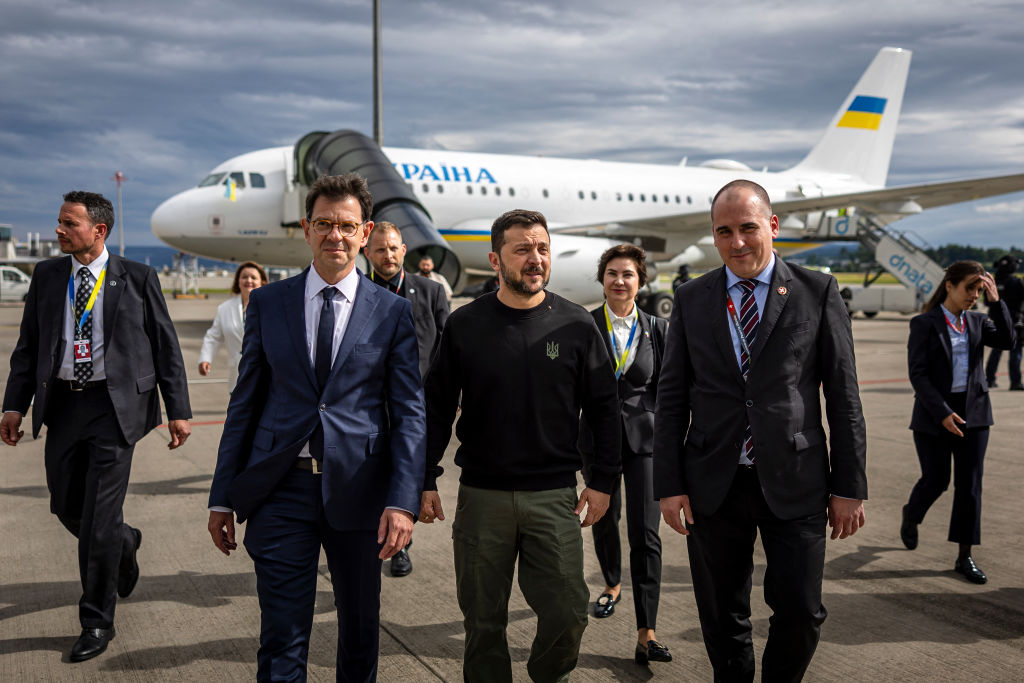
The Ukrainian president’s insistence on fighting until victory is ideologically coherent. Putin’s aggression must be seen to fail; the rules-based international order relies on upholding international borders. But in practice, Ukraine will face a terrible winter. Russia’s systematic destruction of its electricity infrastructure has closed more than half of its power stations. Berlin expects up to a million Ukrainian refugees as the cold and dark starts to bite, according to a source close to the German government. Ukraine is also running out of manpower. It’s relying on press gangs to seize men off the streets to fight.
That’s not to say Russia isn’t hurting. With new, medium-range western cruise missiles, Kyiv has turned the Crimean peninsula into a killing zone for Russian aircraft and warships. A recent Russian attack on Kharkiv province was pushed back with major loss of life. The war is consuming 40 percent of the Kremlin’s budget.
But Russia has four times Ukraine’s population and a wartime economy twenty times larger. The West’s reluctance to reduce energy exports has effectively allowed Russia to ignore sanctions. Russia’s GDP is set to grow more than any G7 nation’s this year. Life in Moscow is pretty much normal, thanks to parallel imports through neighboring countries. Just 0.4 percent of Muscovite men of military age have served, compared with around 9 percent in poor regions like Tuva and Buryatia. Putin is fighting with an army of provincial and colonial troops, plus international mercenaries, prisoners and homeless men whom he considers expendable.
Nonetheless, Putin’s renewed talk of peace is a sign he’d be content to end the war, though not before the US election. For many international diplomats, the path towards a ceasefire is clear. “It’s devastatingly obvious how this war will end,” says one former western senior statesman who travels frequently to Kyiv. “Ceasefire along the line of control, plus security guarantees for Kyiv short of full NATO membership. No formal ceding of territory. Ukraine becomes like Cyprus — an EU member which does not recognize that it’s been partitioned.”
The world seems to be engaging in “pre-peace” positioning. The German chancellor Olaf Scholz predicted recently that the war would end at the “next” peace summit — and that Russia should be invited. Finland’s president Alexander Stubb, added: “China could stop Russia’s invasion of Ukraine with one phone call.” If Zelensky’s summit demonstrated anything, it’s that international support for a forever war is waning and the time for ugly compromises is beginning.
This article was originally published in The Spectator’s UK magazine. Subscribe to the World edition here.



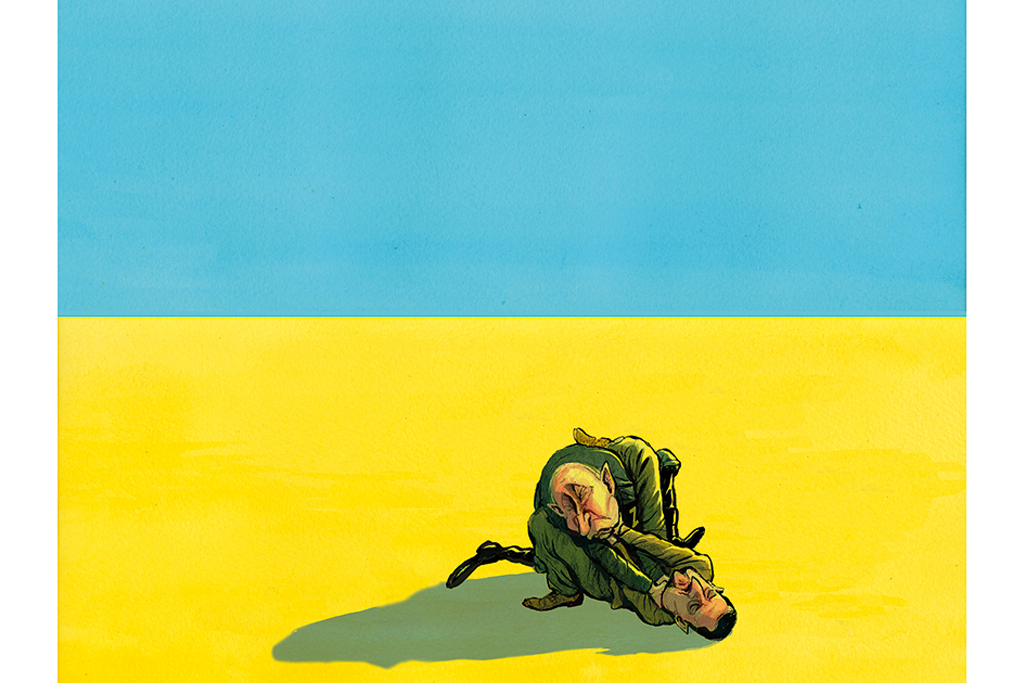








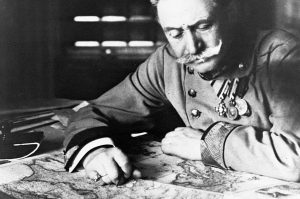



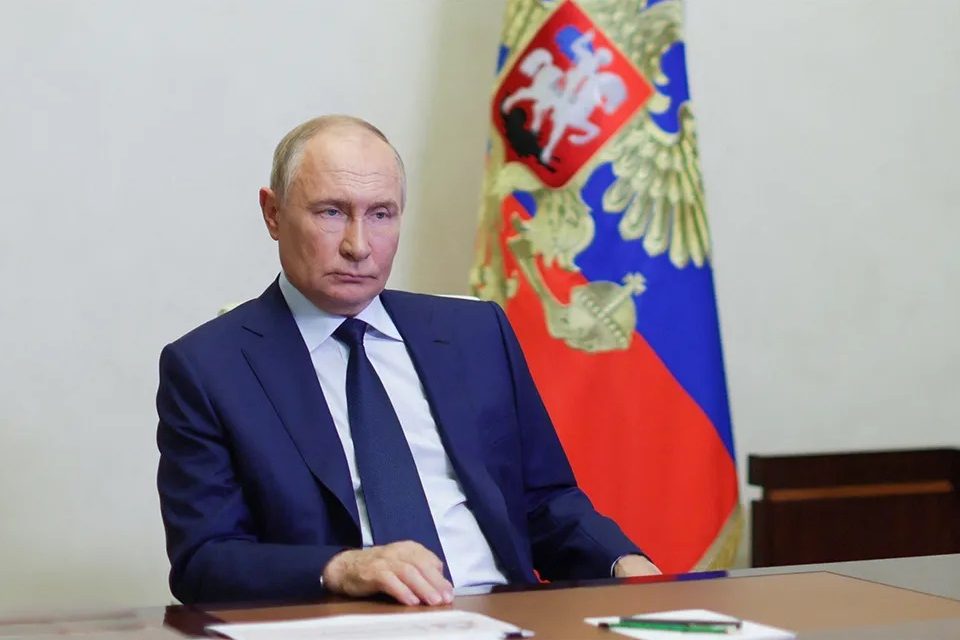
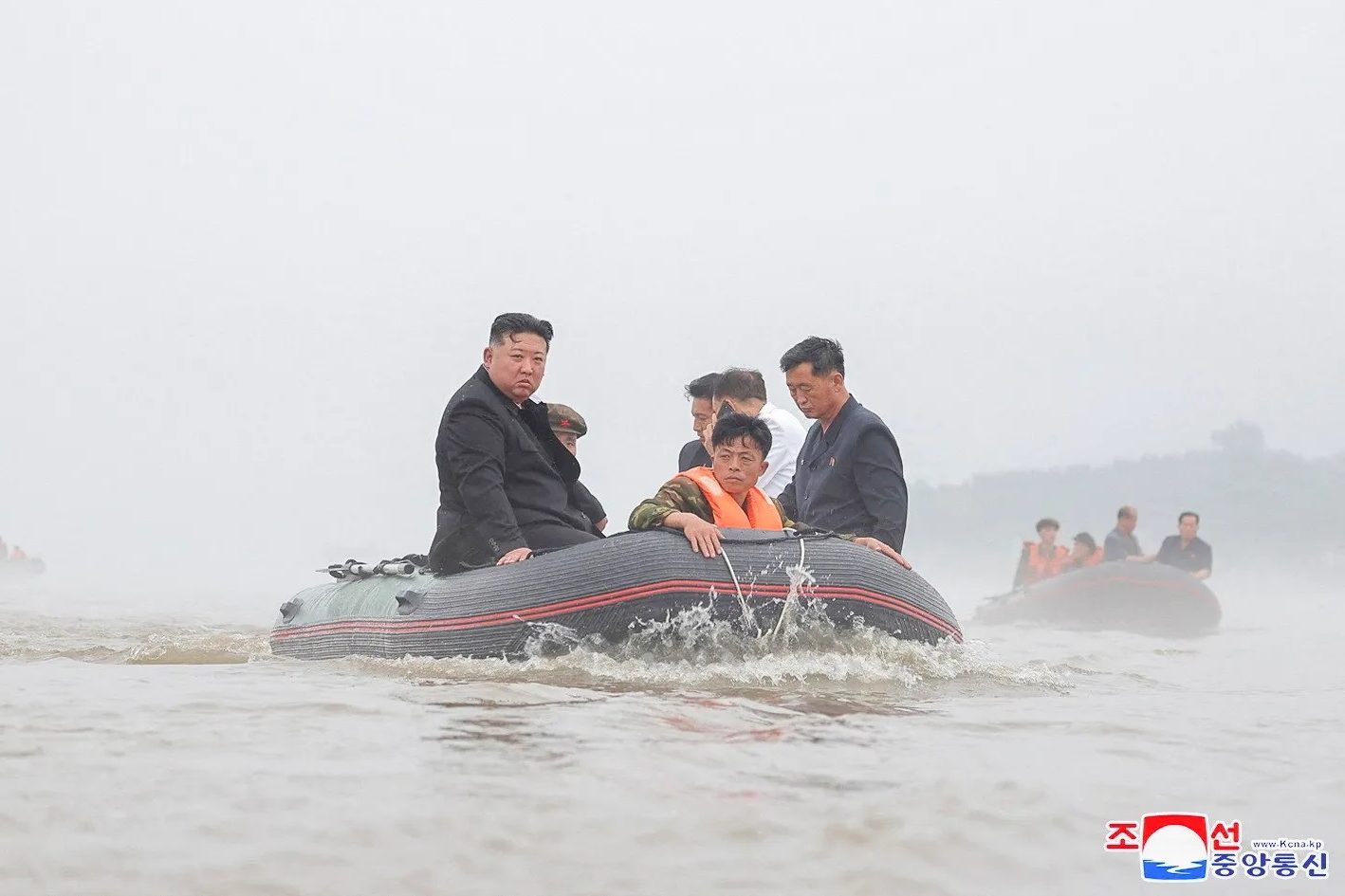








Leave a Reply